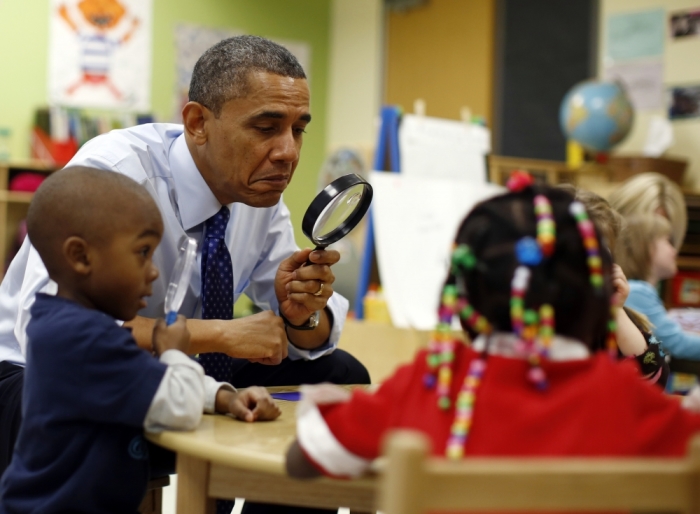Atlanta Archbishop: Equal Access to Quality Education Needed for Low-Income, Minority Kids

Wilton D. Gregory, Archbishop of the Archdiocese of Atlanta, has said before a committee on racial discrimination that American states need to stop limiting low-income minority children from better educational opportunities.
"As a product of Catholic schools, I can personally attest to the life-changing academic and formative opportunities that they offered to me — opportunities that, without equal access to public education funding — are not available to most low-income families today," Gregory said on Tuesday at a meeting with members of the Geneva, Switzerland-based United Nations Committee on the Elimination of Racial Discrimination.
The Archbishop pointed a finger at the so-called Blaine amendments to state constitutions, which he said are getting in the way of low- and middle-income African-American and Latino families securing better educational opportunities.
The Daily Signal describes the Blaine amendments as "outdated 19th-century anti-Catholic provisions nestled into 37 state constitutions to prohibit public funding moving from then largely Protestant public schools to Catholic 'sectarian' schools or institutions".
The Archdiocese of Atlanta and Solidarity Center for Law and Justice, P.C., an Atlanta-based human rights law firm, have both submitted a report to CERD backing Catholic elementary and secondary schools in their ability to support students to overcome neighborhood structural impediments to learning.
The report found a number of challenges, including demographic shifts, a lack of religious educators, and discriminatory K-12 education funding practices, which it said interfere with the mission of Catholic schools to help impoverished communities.
Gregory further argued that state Blaine amendments against state-funded parental choice in education are harmful to the anti-racial discrimination effort. The Archbishop brought up as an example a lawsuit in his home state of Georgia seeking to overturn a K-12 tuition tax-credit scholarship program, which has been providing thousands of scholarships to minority children to attend the private school of their choosing.
The Vatican also spoke before CERD on Tuesday to highlight the importance of Catholic schools in promoting " reconciliation, tolerance and friendship among nations and ethnic groups."
"For example, consider the numerous schools which are run by religious communities and those in local parishes throughout the world," said Archbishop Silvano Tomasi, the head of the Holy See delegation.
"It is well known that for centuries through its elementary and secondary schools, the Catholic Church has promoted the right of everyone, without distinction as to race, color, or national or ethnic origin, to equality and the enjoyment of the right to education and professional training."
CERD explains that it is a body of independent experts with a task of monitoring the implementation of the convention on eliminating racial discrimination by its state parties.



























